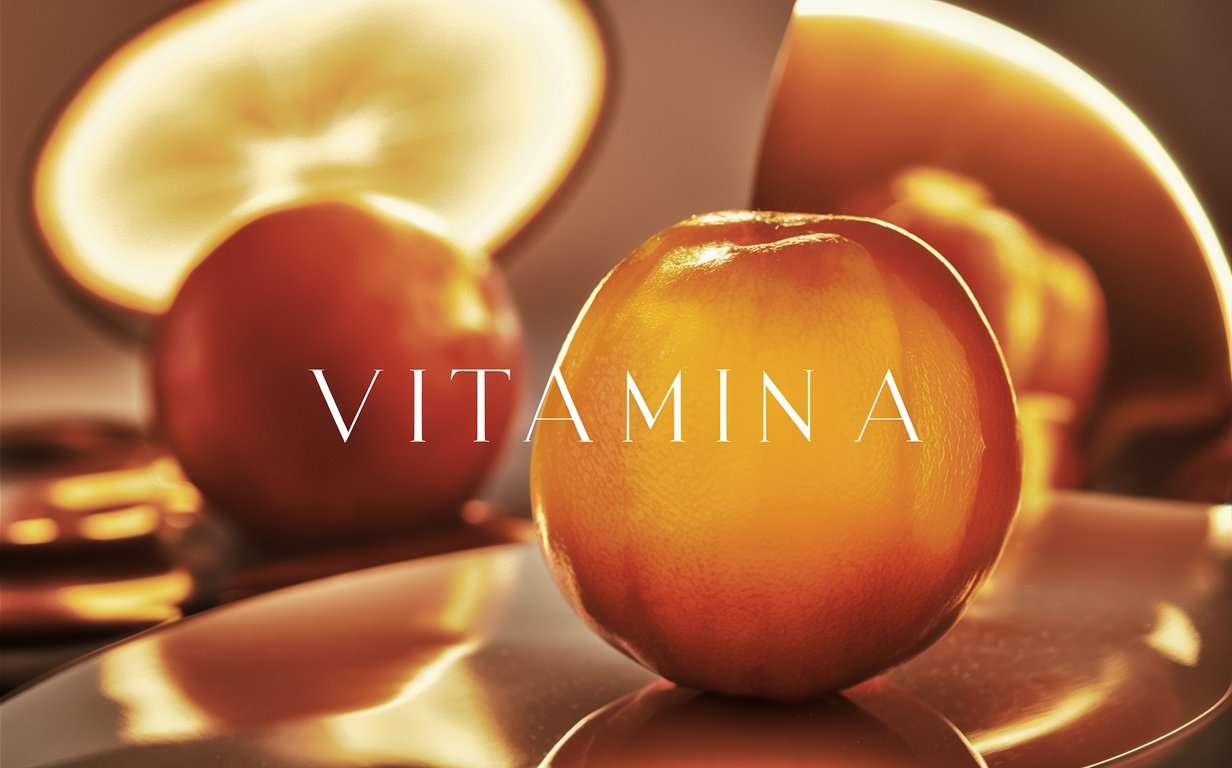Unlock the secrets to vibrant health and well-being with our comprehensive guide to nutrient-dense foods. Discover how to optimize your diet for optimal wellness and vitality. Bolster your health and elevate your life with these essential insights into nourishing your body.
Nutrient-Dense Food
Foods high in nutrients are excellent providers of key nutrients for general health and wellbeing. In varied amounts, these foods provide a broad range of vitamins, minerals, antioxidants, fiber, and other healthful substances. Key nutrients that are often included in diets high in nutrients include:
1. Vitamins
Vitamins A: Crucial for healthy skin, eyesight, and immune system. present in foods such as liver, spinach, kale, sweet potatoes, and carrots.
Vitamin C: Essential for collagen formation, immune system operation, and antioxidant protection. present in bell peppers, strawberries, kiwis, citrus fruits, and broccoli.
Vitamin D: Essential for immunological response, mood modulation, and bone health. found in eggs, fatty fish, sun exposure, and fortified dairy or plant-based milk.
Vitamin E: Serves as an antioxidant to prevent harm to cells. found in avocados, spinach, nuts, seeds, and vegetable oils.
Vitamin K: Necessary for healthy bones and blood coagulation. found in fermented foods, broccoli, Brussels sprouts, and leafy green vegetables.

2. Minerals
Calcium: Essential for healthy bones and teeth, muscles, and nerve endings. found in fortified foods, dairy products, leafy greens, tofu, and almonds.
Iron: Necessary for immunological response, energy synthesis, and oxygen delivery. present in chicken, fish, beans, lentils, red meat, and fortified cereals.
Magnesium: Essential for nerve transmission, muscular contraction, and hundreds of enzymatic processes. present in legumes, whole grains, nuts, seeds, and leafy greens.
Potassium: Vital for maintaining blood pressure control, muscular contraction, and fluid balance. present in tomatoes, sweet potatoes, bananas, spinach, and potatoes.
Zinc: Required for DNA synthesis, wound healing, and immunological function. found in seafood, pork, beans, nuts, and seeds.
3. antioxidants
Beta-carotene: This antioxidant helps shield cells from oxidative damage and is converted to vitamin A in the body. present in orange and yellow produce, including squash, sweet potatoes, and carrots.
Lycopene: Gives fruits and vegetables their red color and may lower the risk of heart disease and several types of cancer. present in red bell peppers, tomatoes, melons, and pink grapefruit.
Flavonoids: A broad class of antioxidants present in tea, cocoa, fruits, and vegetables that may have positive effects on the heart and lower inflammation.
Polyphenols: Rich in antioxidant and anti-inflammatory qualities, polyphenols may be found in plant-based foods such as tea, berries, nuts, and spices. They may also lengthen one’s life expectancy.
4. fiber
Soluble Fiber: Promotes healthy digestion, blood sugar regulation, and cholesterol reduction. present in fruits, vegetables, barley, beans, lentils, and oats.
Insoluble Fiber: Encourages regularity, avoids constipation, and gives feces more volume. present in whole grains, fruit and vegetable skins, nuts, and seeds.
Together, these nutrients promote a number of physiological processes in the body, such as immunity, metabolism, cardiovascular health, and cognitive function. Eating a wide variety of meals high in nutrients ensure that these vital elements are taken in sufficient amounts and enhances overall health and wellbeing.

How to identify nutrient dense foods at the grocery store?
Knowing the nutritional content of the foods you buy at the grocery store and selecting them wisely based on certain standards are necessary to identify nutrient-dense foods. The following advice will help you recognize meals that are high in nutrients:
1. Pay Attention to Whole Foods: Choose foods like fruits, vegetables, whole grains, lean meats, and healthy fats that are as near to their original condition as you can. When it comes to foods, they are often higher in nutrients than refined and processed meals.
2. Check the Nutrition Label: To determine the nutrients included in packaged goods, read the nutrition label carefully. Seek for foods low in harmful fats, added sugars, and salt and abundant in fiber, protein, vitamins, and minerals.
3. Look for High Content of Nutrients: Choose meals that are high in vital nutrients, such as minerals (calcium, iron, potassium, magnesium), vitamins (e.g., C, A, D, and E), and vitamins. Good sources of vital nutrients include foods like leafy greens, berries, nuts, seeds, and lean meats.
4. Consider nutrient Density: This is the ratio of a food’s nutritional content to its calorie content. Select foods like fruits, vegetables, legumes, lean meats, and nuts that provide a lot of nutrients per calorie.
5. Colorful Choices: Choose a range of vibrant fruits and vegetables since various hues correspond to different antioxidants and minerals. To guarantee a wide variety of nutrients, try to include as many colors as possible into your diet.

6. Read Ingredient Lists: Pay attention to the contents mentioned on food packaging. Select goods with low levels of artificial additives, harmful fats (including trans and saturated fats), and added sugars. Give priority to meals that use basic, whole-food components instead.
7. Prioritize Whole Grains: Go for whole grains rather than processed grains when choosing cereals and goods made from grains. Compared to refined grains, which have had their nutrients removed during processing, whole grains offer more fiber, vitamins, and minerals.
8. Consider Protein Quality: Choose lean meats, poultry, fish, eggs, dairy products, lentils, and tofu as your high-quality protein sources. These meals are high in minerals including iron, zinc, and B vitamins and supply important amino acids.
9. Incorporate Good Fats: Include foods like avocados, almonds, seeds, olive oil, and fatty fish like mackerel and salmon in your diet as sources of healthful fats. Essential fatty acids (such omega-3 and omega-6) and fat-soluble vitamins (like vitamin E) may be found in these meals.
Making better grocery store selections and promoting your overall wellness and health may be achieved by heeding these suggestions and giving nutrient-dense foods priority.
The impact of nutrient dense foods on overall health and wellness
Foods high in nutrients are vital for maintaining overall good health because they provide vital nutrients that support a range of body processes and help avoid illness. Nutrient-dense diets have the following major effects on overall health and wellness:
1. Nutrient Absorption: Foods high in nutrients are full of fiber, vitamins, minerals, antioxidants, and other health-promoting substances that are necessary for optimum health. Eating a diet high in nutrient-dense foods guarantees that the body gets enough of these essential nutrients, which it needs to operate correctly.
2. Increased Energy Levels: Foods high in nutrients provide the body a consistent supply of energy, supporting mental clarity, physical activity, and overall vitality. Foods high in protein, healthy fats, and complex carbs provide the energy required for everyday tasks and physical activity.
3. Promotes Healthy Weight Management: Foods rich in nutrients are often higher in fiber and lower in calories, which may aid in satiety and curb overeating. Nutrient-dense meals may help you lose fat, preserve lean muscle mass, and regulate your appetite, all of which can assist your weight management objectives.

Frequently Asked Questions:
- Question: What are the main categories of nutrients found in nutrient-dense foods, and how do they benefit our health?
Answer: The main categories include vitamins, minerals, antioxidants, and fiber. They support various physiological processes, such as immunity, metabolism, and cardiovascular health. - Question: How can consumers ensure they’re selecting nutrient-dense foods at the grocery store, and what factors should they consider?
Answer: Consumers can prioritize whole foods, check nutrition labels for key nutrients and ingredients, and opt for a variety of colorful fruits and vegetables to maximize nutrient intake. - Question: Why is it important to focus on nutrient density when making food choices, and how does it contribute to overall well-being?
Answer: Nutrient-dense foods provide essential vitamins, minerals, and antioxidants in optimal quantities, promoting better health outcomes, improved energy levels, and overall well-being.













14 Responses
This is knowledge full.
Article is soo good, and is very informative.
Very informative thanks for sharing 💝
Helpful stuff thanks 😊
Very helpful information 👍
Really informative! I will keep in mind while selecting food having good nutrition and not adding too much fats in my body
Very informative topic thanks a lot to share this information
Good work and very informative
Very well explained and informative article
Very informative…Good work
Excellent article👍 It’s easy to understand and covers the topic thoroughly. You’ve done a fantastic job of explaining things clearly and making it engaging to read.
Best info one can keep in mind while eating 👍 👍 👌 👌 👌
This article is very helpful in understanding the basic nutritional requirements of body
Very informative